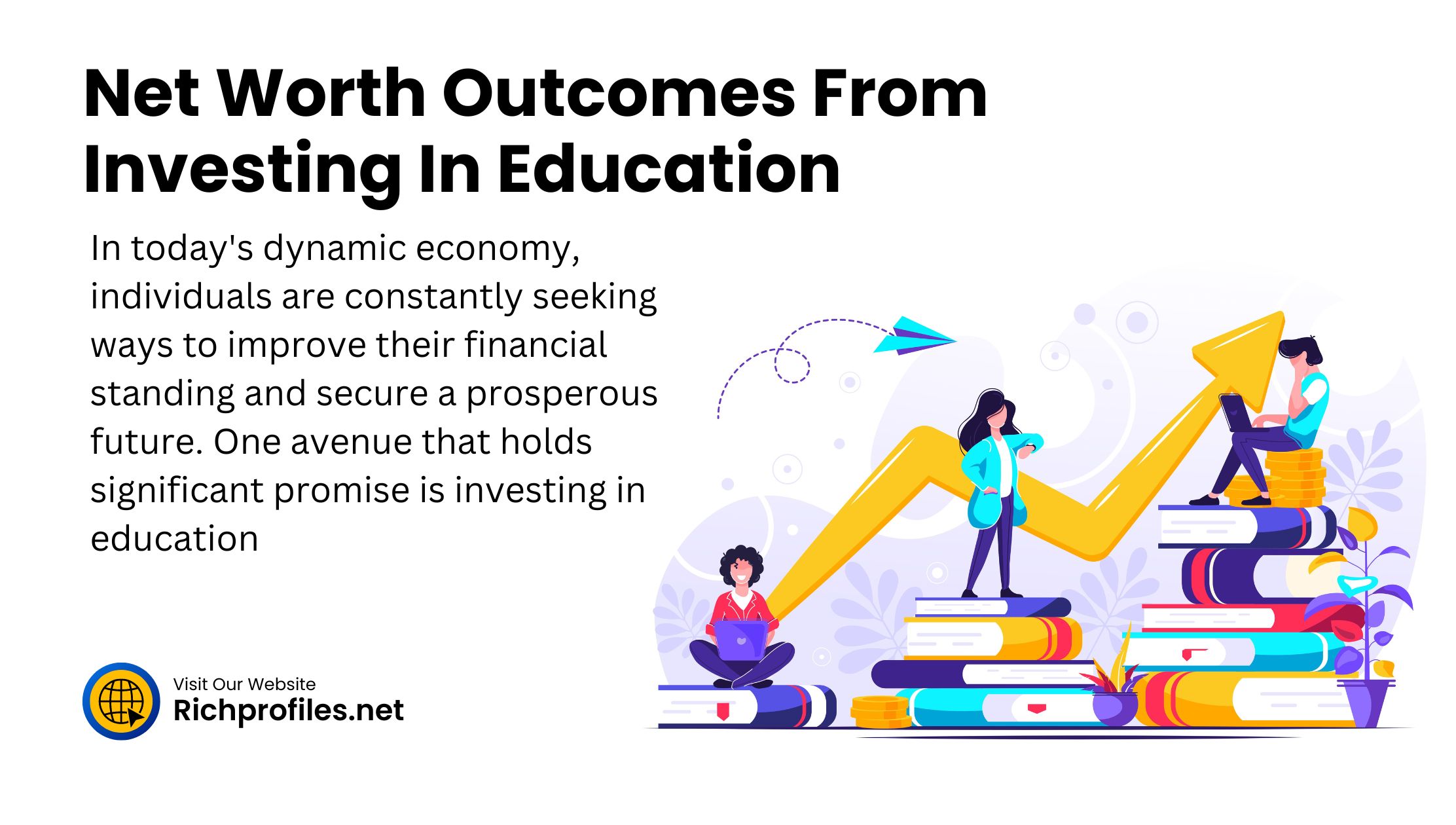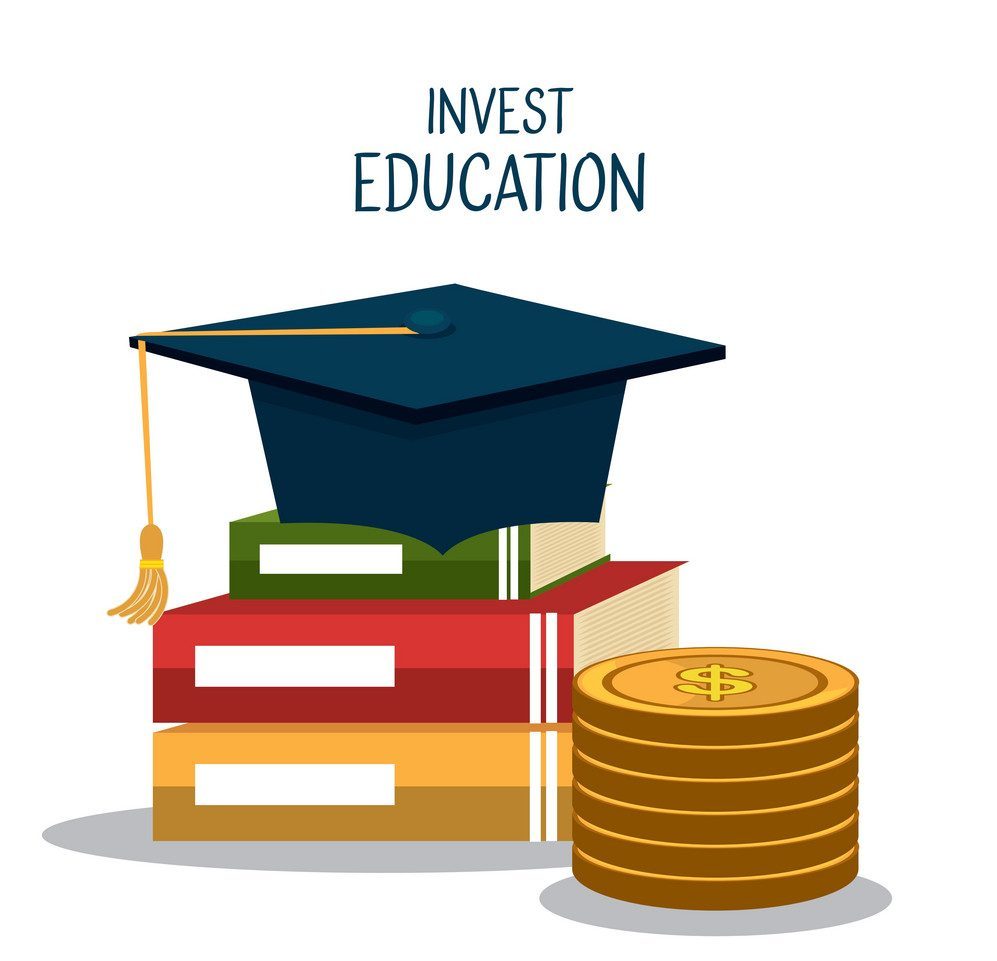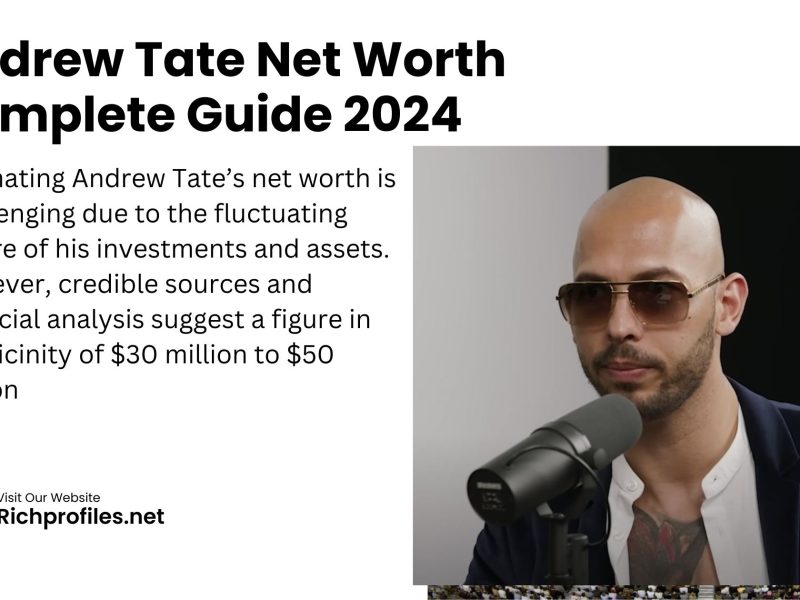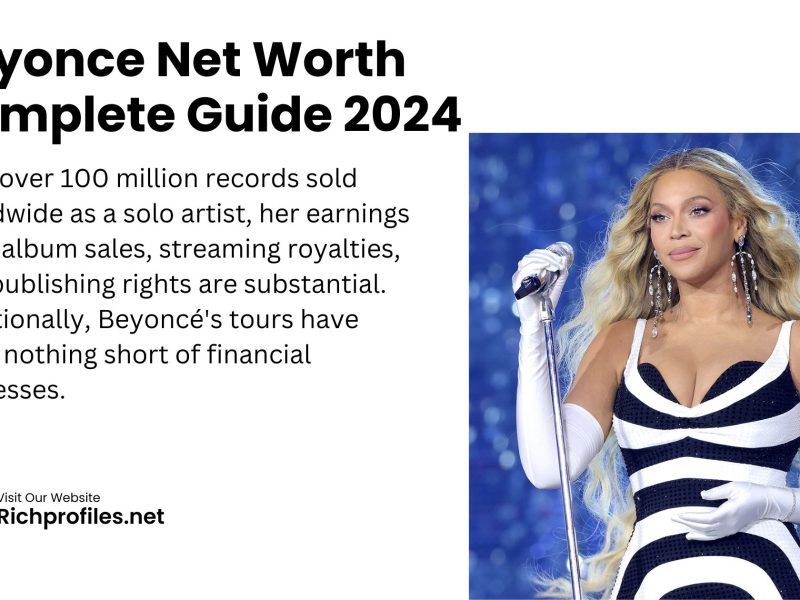Introduction to Net Worth Outcomes From Investing In Education
In today’s dynamic economy, individuals are constantly seeking ways to improve their financial standing and secure a prosperous future. One avenue that holds significant promise is investing in education. While the concept of investment often brings to mind stocks, real estate, and retirement accounts, the returns from investing in education can be equally—if not more—rewarding. This article explores the relationship between education and net worth, and explore Net Worth Outcomes From Investing In Education shedding light on how educational investments can yield substantial returns over time.
The Impact of Education on Earning Potential
Higher Education Leads to Higher Earning Potential
It’s no secret that individuals with higher levels of education tend to earn more over their lifetimes. Countless studies have underscored the positive correlation between educational attainment and earning potential. According to data from the U.S. Bureau of Labor Statistics, individuals with a bachelor’s degree earn significantly more, on average, than those with only a high school diploma. Moreover, advanced degrees such as master’s and doctoral degrees further amplify earning potential, opening doors to lucrative career opportunities.
Investing in Education as a Long-Term Strategy
Education as a Financial Investment
Investing in education is akin to planting seeds for future prosperity. While the initial costs may seem daunting, education offers a remarkable return on investment (ROI) over the long term. Unlike speculative investments that are subject to market fluctuations, the value of education endures and appreciates with time. Whether through acquiring new skills, expanding knowledge, or gaining credentials, each educational milestone paves the way for enhanced career prospects and financial stability.
Diversifying Educational Investments
Beyond Traditional Education: Online Learning, Certifications, and Skill Development
In today’s digital age, the realm of education has expanded far beyond traditional brick-and-mortar institutions. Online learning platforms, professional certifications, and skill development programs offer unparalleled flexibility and accessibility. By diversifying educational investments, individuals can tailor their learning experiences to align with their career goals and personal interests. Whether mastering a new programming language, obtaining industry certifications, or honing soft skills, each educational pursuit contributes to a well-rounded skill set that enhances employability and earning potential.
Read More: How Medical Expenses Impact Net Worth In The US
Education and Entrepreneurship
The Role of Education in Entrepreneurial Success
Entrepreneurship thrives on innovation, creativity, and adaptability—qualities that are nurtured through education. Many successful entrepreneurs attribute their achievements to the knowledge and skills acquired through formal education and experiential learning. Whether through business degrees, entrepreneurship courses, or mentorship programs, education equips aspiring entrepreneurs with the tools and insights needed to navigate the complexities of starting and scaling a business. From developing business plans to mastering marketing strategies, educational investments lay the groundwork for entrepreneurial success.
Education and Social Mobility
Breaking the Cycle of Poverty Through Education
Education serves as a powerful catalyst for social mobility, offering individuals from diverse backgrounds a pathway to upward economic mobility. By equipping individuals with knowledge, skills, and opportunities, education transcends socioeconomic barriers, empowering individuals to transcend the circumstances of their birth. Access to quality education not only enhances individual prosperity but also contributes to broader societal progress by fostering innovation, diversity, and inclusivity.
Challenges and Considerations
Financial Barriers to Education
While education holds immense potential for transforming lives, financial barriers can impede access to educational opportunities, particularly for marginalized communities. Rising tuition costs, student loan debt, and inequitable educational funding exacerbate disparities in educational access and attainment. Addressing these challenges requires concerted efforts to make education more affordable, accessible, and inclusive for all individuals, regardless of their socioeconomic background.
Conclusion
Investing in education is not merely a financial transaction; it is an investment in oneself and the future. By acquiring knowledge, skills, and credentials, individuals can enhance their earning potential, pursue entrepreneurial endeavors, and uplift their communities. While challenges may abound, the benefits of educational investments far outweigh the costs. As we navigate an increasingly complex and competitive world, education remains the cornerstone of success and prosperity.
FAQs
How does investing in education compare to other forms of investment?
Investing in education offers unique advantages beyond monetary returns, including personal growth, enhanced opportunities, and social mobility. While traditional investments such as stocks and real estate are essential components of financial planning, education provides enduring value that transcends market fluctuations.
Is it worth taking on student loans for higher education?
The decision to take on student loans should be carefully weighed against potential long-term benefits and risks. While student loans can facilitate access to higher education, excessive debt burdens can hinder financial freedom and long-term prosperity. Exploring alternative funding options, such as scholarships, grants, and work-study programs, can help minimize reliance on student loans.
Can self-directed learning have the same impact on net worth as formal education?
Self-directed learning can indeed yield significant returns in terms of personal and professional growth. While formal education provides structured curricula and credentials, self-directed learning allows individuals to pursue knowledge and skills tailored to their interests and goals. By leveraging online resources, mentorship, and experiential learning opportunities, self-directed learners can achieve comparable outcomes to formal education.
Are there any tax benefits associated with investing in education?
Depending on the country and specific circumstances, there may be tax incentives available for educational expenses, such as tuition deductions, education credits, or student loan interest deductions. Consulting with a tax advisor or financial planner can help individuals navigate the complexities of tax-related benefits and deductions related to education.
How can individuals ensure they are making the right educational investments for their future?
Making informed decisions about educational investments requires careful consideration of individual interests, career goals, and market trends. Conducting thorough research, seeking guidance from mentors and career counselors, and evaluating the ROI of educational opportunities can help individuals align their educational investments with their long-term aspirations and maximize their net worth potential.




